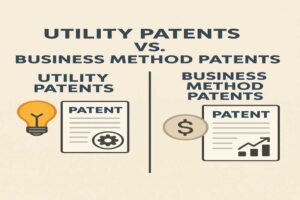Mezzanine Financing or Mezzanine Capital refers to subordinated debt or preferred equity securities that often represent the most junior portion of a company’s capital structure, but that is still senior to the company’s common equity.
This form of financing is often used by an issuing company seeking to finance its Initial Public Offering on the stock market and by private equity investors to reduce the amount of equity capital required to finance a leveraged buyout or major expansion.
Mezzanine capital, which is often used by smaller companies that are unable to access the high yield market, allows such companies to borrow additional capital beyond the levels that traditional lenders are willing to provide through classic bank loans.
In compensation for the increased risk, mezzanine debt holders require a higher return for their investment than secured or other more senior lenders.
Mezzanine debt securities are often structured with a current income and high yield coupon; usually they include an equity conversion feature.







